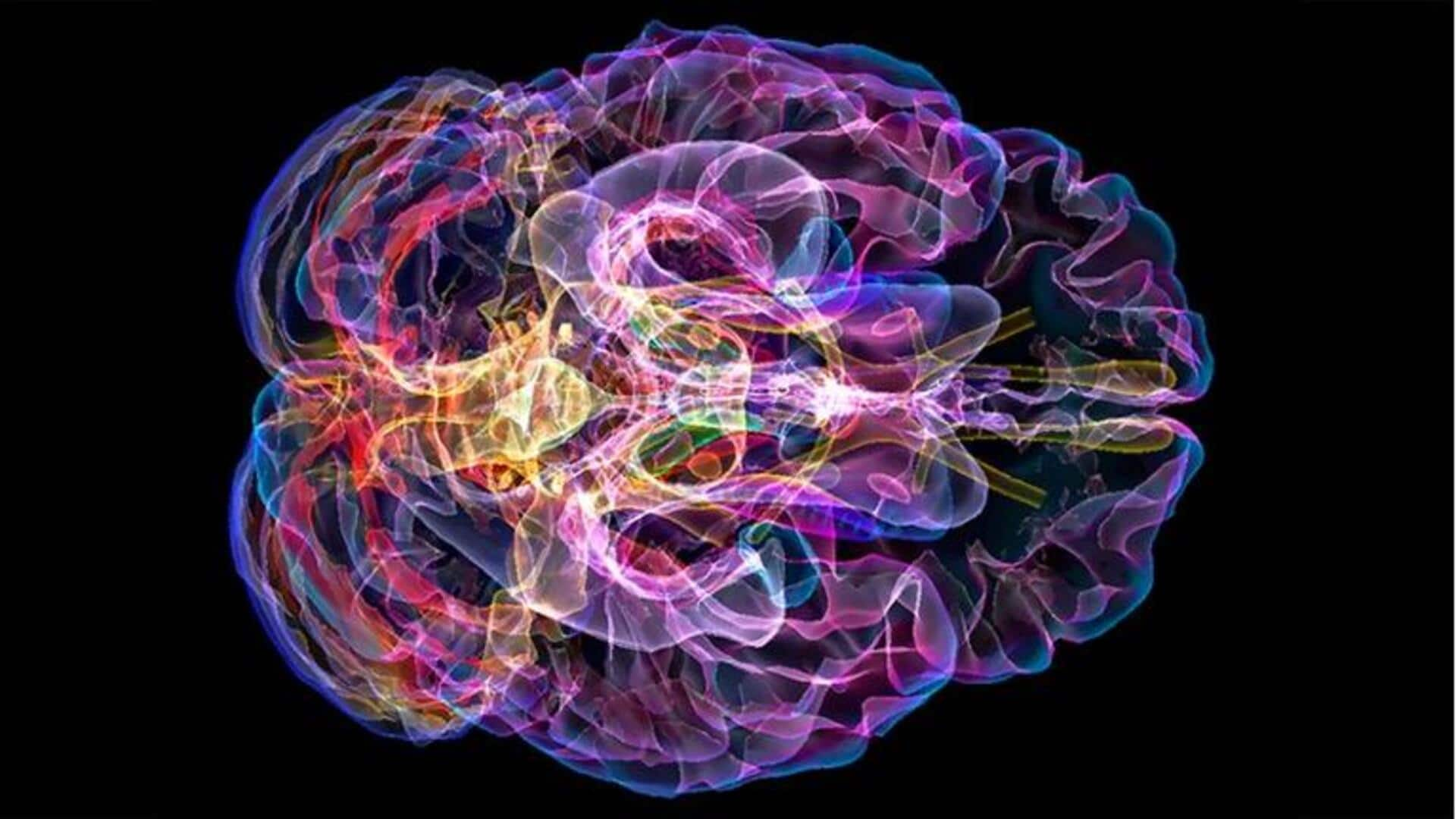
Microglia might play a role in Alzheimer's disease: Study
What's the story
Researchers at the University of Washington have discovered that microglia, are more frequently in a pre-inflammatory state in Alzheimer's patients. These inflamed immune cells in the brain, potentially contribute to the disease's progression. By analyzing brain autopsy samples and using a new method to enhance single-nucleus RNA sequencing, the team identified 10 distinct microglia clusters based on unique gene expression.
Details
Inflammatory microglia clusters cause cell death
One of these clusters, found more commonly in Alzheimer's patients, contains genes involved in inflammation and cell death. This groundbreaking discovery suggests that targeting specific microglia clusters could lead to new Alzheimer's treatments. By understanding how these immune cells contribute to the disease, researchers hope to develop therapies that prevent or slow its progression, ultimately improving the lives of those affected.
What Next?
Microglia's causality in Alzheimer's yet to be deciphered
It remains unclear whether microglia cause the pathology or if the pathology alters their behavior. Further studies are needed to track how microglia change over time and determine their exact role in Alzheimer's disease before effective treatments can be developed.
Insights
Pioneering research offers hope for treatments
Despite being in its early stages, this research advances our understanding of microglia's role in Alzheimer's and offers hope for future therapeutic interventions. As scientists continue to explore the relationship between microglia and Alzheimer's, they aim to determine whether altering the behavior of these immune cells can prevent or slow the disease. This innovative research could potentially lead to life-changing treatments for millions of people affected by Alzheimer's worldwide.